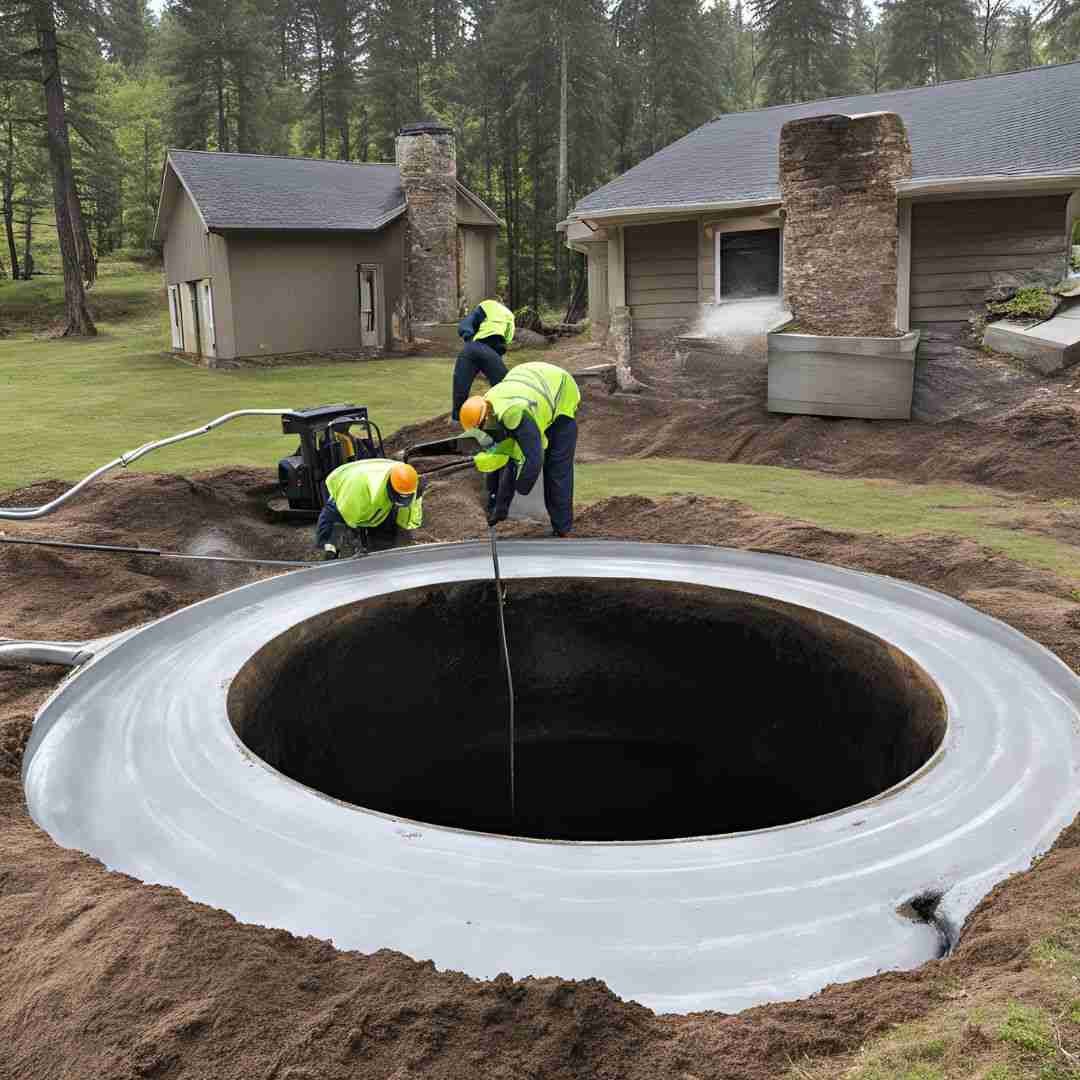
Book Your septic tank cleaners for Fast and Reliable Solutions
Septic systems play a vital role in many residential and commercial properties, handling waste management efficiently. Regular maintenance and cleaning are key to ensuring the system functions properly. In this comprehensive guide, we will delve into the significance of septic tank cleaners, the advantages of professional cleaning services, indicators that your septic tank requires cleaning, the cleaning process, and effective strategies for maintaining a well-functioning septic system.
Understanding the Importance of Septic Tank Cleaners
Septic tank cleaners are crucial for keeping your septic system in good working order. These systems are responsible for treating household wastewater, separating solids from liquids. Over time, sludge and scum accumulate, which can cause blockages, system malfunctions, and environmental risks if not properly managed. Regular cleaning by professional septic tank cleaners helps to prevent these issues, ensuring the system operates efficiently and extends its lifespan.
Benefits of Professional Septic Tank Cleaning Services
- Prevents Costly Repairs: One of the main benefits of hiring professional septic tank cleaners is avoiding expensive repairs. Routine cleaning helps prevent clogs and backups that could lead to significant damage and costly fixes.
- Health and Environmental Safety: Well-maintained septic systems prevent contamination of local water sources, safeguarding the environment and public health. Professional cleaners ensure that waste is properly treated and disposed of, minimizing environmental hazards.
- Efficient System Operation: Regular cleaning ensures your septic system runs smoothly. This means fewer disruptions, better waste management, and a longer system lifespan.
- Advanced Expertise and Specialized Equipment: Professional septic tank cleaners possess the advanced expertise and specialized equipment needed to handle even the most challenging cleaning tasks. They can detect problems early and offer valuable guidance on maintaining the system effectively.
Signs Your Septic Tank Needs Cleaning
Knowing when to clean your septic tank is vital for preventing system failures. Here are some common signs that indicate your septic tank may need cleaning:
- Slow Drains: If your sinks, toilets, or showers are slow to drain, it might indicate that your septic tank is reaching capacity and needs to be emptied.
- Unpleasant Odors: Bad smells around your property, especially near the septic tank or drain field, could indicate a problem. This could be a sign that the tank is full or there is an obstruction within the system.
- Pooling Water: Puddles forming around the septic tank or drain field often signal a failing system. This usually happens when the tank is full and wastewater cannot be properly absorbed into the ground.
- Lush, Green Grass: Although a green lawn might seem positive, particularly lush and green grass over the septic tank area can be a sign of a leak or overflow, as the waste acts as a fertilizer.
- Gurgling Sounds: Hearing gurgling noises from your drains or toilets can suggest a blockage in the system or that the tank is nearing its capacity.
The Septic Tank Cleaning Process
The septic tank cleaning process involves several steps to ensure thorough and effective cleaning:
- Inspection: The process begins with a thorough inspection of the septic system to assess its condition and identify any issues. This includes checking the sludge and scum levels in the tank, as well as inspecting the drain field.
- Pumping: The next step involves pumping out the tank’s contents, removing both liquid effluent and solid sludge and scum layers. Professional cleaners use specialized equipment to ensure complete waste removal.
- Cleaning and Flushing: After pumping, the tank and pipes are cleaned and flushed to remove any remaining waste. This step is crucial for preventing future blockages and ensuring the system operates efficiently.
- Final Inspection and Maintenance Recommendations: Once the cleaning is complete, a final inspection is conducted to check for any potential issues. Cleaners may also provide maintenance recommendations, such as installing a septic tank riser or effluent filter, to help maintain the system’s functionality.
Tips for Maintaining a Healthy Septic System
- Regular Inspections and Pumping: Schedule regular inspections and pumping every 3-5 years, depending on the size of your tank and household usage.
- Water Efficiency: Use water efficiently to reduce the load on your septic system. Fix any leaks and consider installing water-saving fixtures to minimize water use.
- Mindful Waste Disposal: Be cautious about what you flush or pour down the drain. Avoid disposing of non-biodegradable items, chemicals, or grease, as these can clog the system and harm the environment.
- Protect the Drain Field: Keep the area around the drain field free from heavy vehicles, structures, and deep-rooted plants. Tree roots can infiltrate and damage the system, leading to potentially costly repairs.
- Use Septic-Safe Products: Choose septic-safe cleaning products and avoid antibacterial soaps and harsh chemicals that can disrupt the beneficial bacteria in your tank.
Conclusion
Proper maintenance of your septic system is vital for preserving the quality of your property and safeguarding the environment. Expert septic tank cleaners provide the required skill and services to keep your system functioning proficiently. By understanding the importance of regular cleanings, recognizing when your tank needs attention, and following best practices for system care, you can ensure that your septic system remains in top condition. Whether you are a homeowner or a business owner, investing in professional septic tank cleaning services is a wise decision that can save you money and protect your property in the long run.